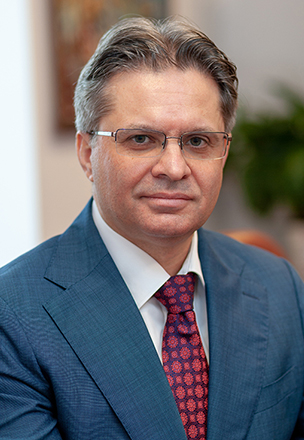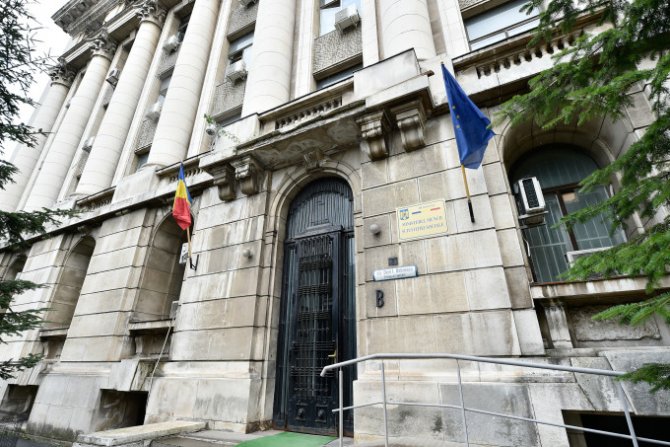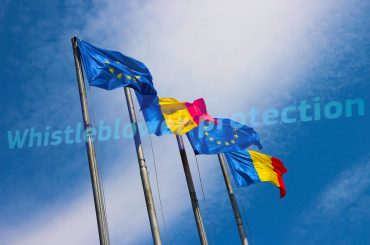With every legal change come a lot of questions, but when there is a state of emergency everything is impacted and changes occur in every area.
Since March 16, Romania is under a state of emergency established through the Presidential Decree. Now that we are starting to get used to some of the measures, more and more questions arise regarding criminal trials.
Are they stayed, postponed or still ongoing? Are criminal authorities still handling cases? What about hearings?
First and foremost, the main idea is crystal clear: prosecutors and judges are not working from home, but are busy handling only urgent cases, criminal investigations and trials being stayed as a general rule. So now, what exactly does ‘urgent’ mean:
In a criminal investigation:
- cases where preventive measures have been ordered;
- cases including victim and witness protection measures;
- cases where medical safety measures should be temporary applied;
- cases involving victims that are underage;
- measures whose delay would endanger obtaining evidence or catching the suspect or defendant;
- measures regarding early hearings;
- and, as usual, other cases considered urgent by the prosecutor.
In front of the court:
- cases in which preventive measures have been ordered;
- cases referring to challenges against precautionary measures;
- cases involving international judicial cooperation in criminal matters;
- cases including victim and witness protection measures;
- cases where medical safety measures should be temporary ordered;
- cases referring to flagrant crimes and offences against national security, terrorist acts or money laundering;
- and other cases considered urgent by the judge.
Now that we determined that some cases are expressly qualified as urgent by the Presidential Decree, there are still others that must be determined by the criminal authorities. In this regard, the list of cases that are considered urgent will be established by each judge and the court will notify the prosecutor’s offices, the bar and the general public by posting on the websites. For urgent matters determined by the prosecutors, rest assured that your lawyer is the first in line to obtain the necessary information and notify you as soon as possible about the status of the criminal investigation.
And what about the cases that are not urgent?
For all the cases that are not considered urgent, the time limit for (i) submitting a complaint; (ii) communicating decisions; or (iii) submitting appeals are interrupted, and a new equal time limit will pass after the state of emergency ends.
Another important measure is that the statute of limitation for criminal liability is stayed in those cases where no prosecution acts are conducted or the criminal case is suspended.
In 10 days after the state of emergency will end, the judges must set the dates for the new hearings.
| White Collar Compliance & Defense Team | |
|---|---|
 |
 |
 |
 |





